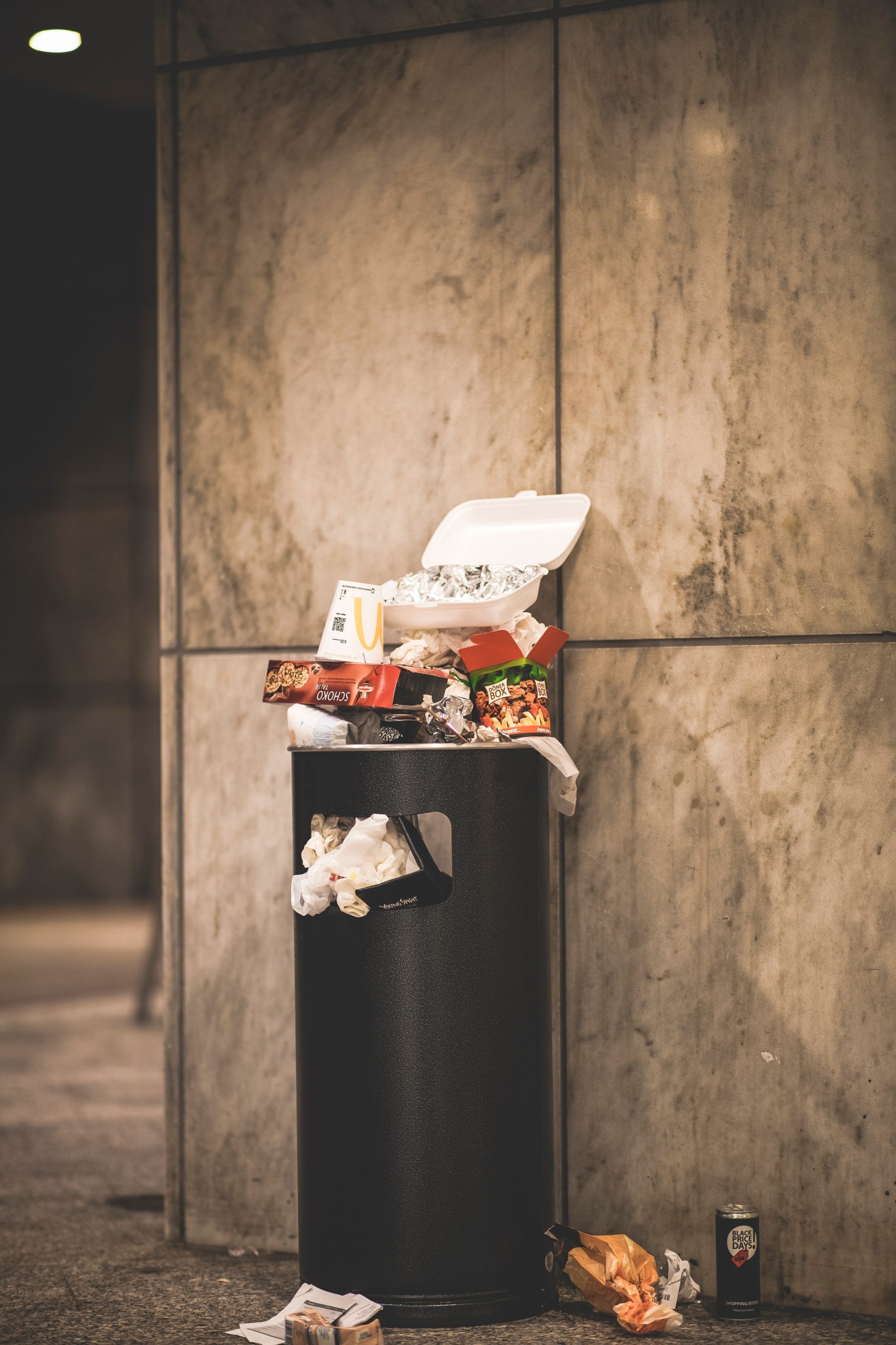Edible food waste bins or Expired food bins or Food about to expired bins
Foods may be used based on conditions such as wasted, expired, or about to expire. Food bins may help to sort and gather these foods in different conditions. As a result, it would ease the alternative uses of foods. Moreover, you can design your food waste bins based on the acceptance, demand of waste foods, and the types and volumes of food waste produced daily in your family, community, or other settings. These would ease and minimize the cost of transforming food waste for meeting the demands of foods by needy persons or alternative useful purposes (Food Waste | The Nutrition Source | Harvard T.H. Chan School of Public Health.)
Let’s discuss this in detail in the following sections-
Edible food waste bins may be used to collect waste foods such as plate wastes, burned foods while cooked, spilled-out foods from the bins, leftover foods in the cooking containers, discarded edible portions of raw fruits, vegetables, flesh, meat, etc. while processing fruits, vegetables, fish, meat, etc. It is noticeable that we waste food daily at home intentionally and unintentionally. It is also very unfortunate to see massive amounts of food wasted daily at different restaurants, and community centers organizing social or cultural events. For instance, while having food (e.g., buffet) people waste a lot of food. These foods could be sorted and collected as touched, partially touched, and untouched. Then those may be displayed in front of the restaurant or community center as free to take home. Thus, facilities may be provided to people who are interested or do not have purchasing power. So, wasted but edible foods may be used as raw or intermediate products of different foods or meals for vulnerable and hungry poor people, as well as for poultry, fish, etc.
Similarly, expired foods collected in expired food binds may be used to make organic fertilizers, biofuels, etc. This results in less utilization of chemicals like fertilizers and other alternatives. In addition, it would ease and reduce the load on waste management systems.
Finally, I am extremely interested in the prospects of food bins dedicated to foods about to expire. This approach may play a direct role in addressing individual and national food and nutrition security in Bangladesh. We could also see dramatic changes in the trends of malnutrition nationally and globally. The main reasons are the availability of foods at lower or no price to needed people. Here, poor, or ultra-poor people would be the main beneficiary. These foods could also be used for poultry or fish meals easily.
So, multipurpose, and varied food bins are timely demands for our nation. This concept may be extended and implemented globally where yet not introduced as an innovative approach of intervention to improve food and nutrition security conditions.
More….
https://learnutritiononline.com/2023/03/30/proper-uses-of-wasted-foods-problem-leads-to-prospects/
Inedible Food Wastes: Alternative Uses | Learn Nutrition Online (learnutritiononline.com)
Preventing Wasted Food At Home | US EPA
Love Food Hate Waste / Preventing food waste
John C. Trimble: Want to grow healthy food? Start with your lawn | TED Talk
*Featured image credit goes to https://www.pexels.com

